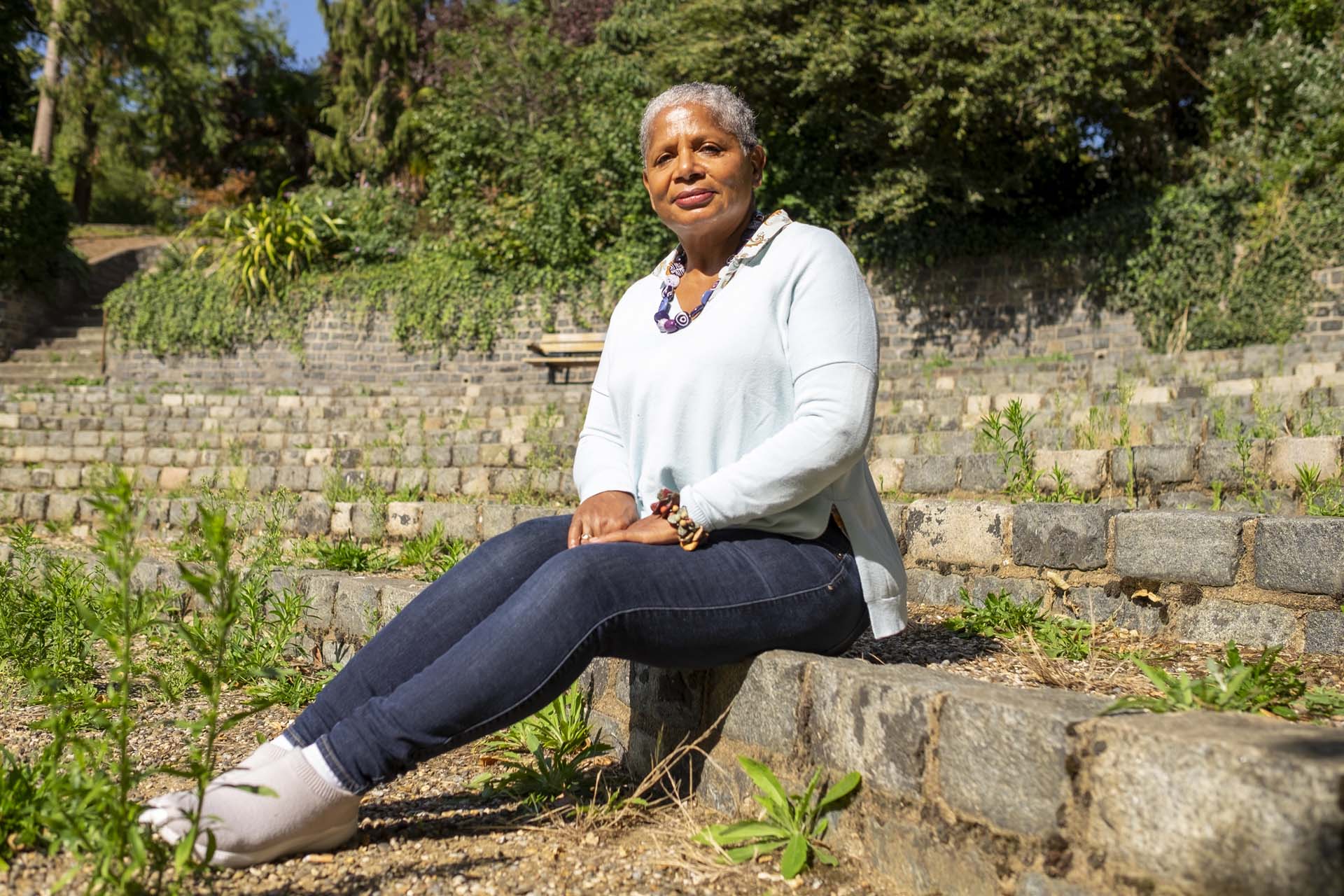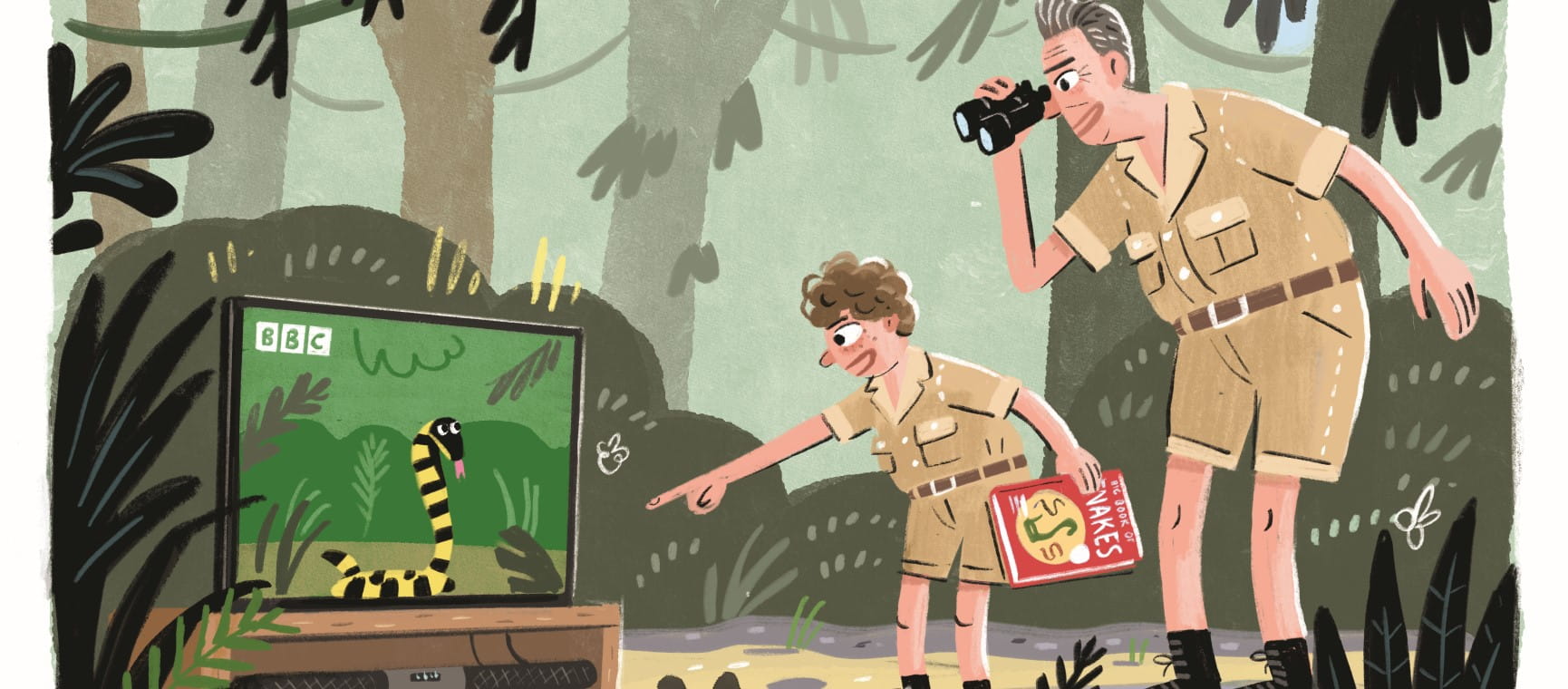
My son and daughter are worried that their children are watching too much television.
It was ever thus – except of course the output of television has changed dramatically over the years.
Indeed, most likely it’s not TV as we know it that they are watching but Netflix or other streaming platforms. With so much on-demand choice, it must be a constant battle to keep them away from a big – or small – screen.
I can hear the arguments from hundreds of miles away. Plenty of us grew up without 24-hour TV.
I recall in the early 1960s how broadcasting started at teatime and ended shortly before midnight, after which the test card appeared, accompanied by an annoying, persistent beep.
It wasn’t until 1986 that the BBC launched a full daytime television service, which some people thought was the end of the world as we knew it.
There were all sorts of dismissive jokes about people who watched daytime TV, even though it suited those who worked funny hours.
My mother had a rule that the black and white TV in our sitting room had to be turned off whenever my father returned from work – and I think we had to stand up and greet him warmly, when all we wanted to do was sit down and put the box back on again.
I’ve been trying to remember some of the popular kids TV shows my brother and I watched. In the early years, there was Andy Pandy; The Sooty Show; Bill and Ben; and then, a little later, Jackanory, which started in 1965 and survived until 1996.
But my absolute favourite was Crossroads, the famous soap opera about a motel starring Noele Gordon as Meg and Roger Tonge as Sandy. I felt down for days when Sandy had his terrible car accident and ended up in a wheelchair for the rest of his short life.
Did all that television-watching do us any harm? Did it stunt our imagination? Hinder our language skills? I don’t believe so.
And perhaps it’s the same today. Yet, parental guilt kicks in, whichever generation you belong to. We’ve all stuck our children in front of the TV on a Sunday morning in the hope of getting a few more minutes of shut-eye.
Perfectly understandable, I tell my children.
But if you type into Google something like ‘the effects of television on children’, all manner of negativity is trotted out.
Conversely, put in ‘the positive effects of TV on young children’ and you don’t get much by way of encouragement. But I’ve been observing my step-grandson, Teddy, aged five, who has developed a fascination for wildlife.
At his most recent birthday, a man came along, not with a bag of magical tricks, but suitcases and cages containing everything from snakes and tarantulas to scorpions and geckos. The children (and their parents, particularly one step-grandparent: yes, me, who still runs a mile on seeing a spider) seemed scared witless at first but as the afternoon progressed it was clear that everyone was captivated.
It certainly beat a puppet show.
Since then, Teddy’s knowledge about snakes has become exceptional. He will tell you exactly where they all come from and which are harmless, which are venomous and how they go about killing their prey (swallowing them whole is a favourite).
He’s able to explain in detail that a snake smells through its tongue and that the tongue is forked so that the snake can determine the direction a scent is coming from.
"Gosh, Teddy," I said recently. "Where did you discover all this amazing knowledge?"
"On the TV," he said.
Our columnist Mark Palmer is a Fleet Street veteran. Currently, he works at the Daily Mail and Mail on Sunday. He still plays six-a-side football but not very well.
View author page
Every issue of Saga Magazine is packed with inspirational real-life stories, exclusive celebrity interviews, brain-teasing puzzles and travel inspiration. Plus, expert advice on everything from health and finance to home improvements, to help you enjoy life to the full.

Our columnist wonders whether 24-hour TV is doing our grandchildren more harm than good?
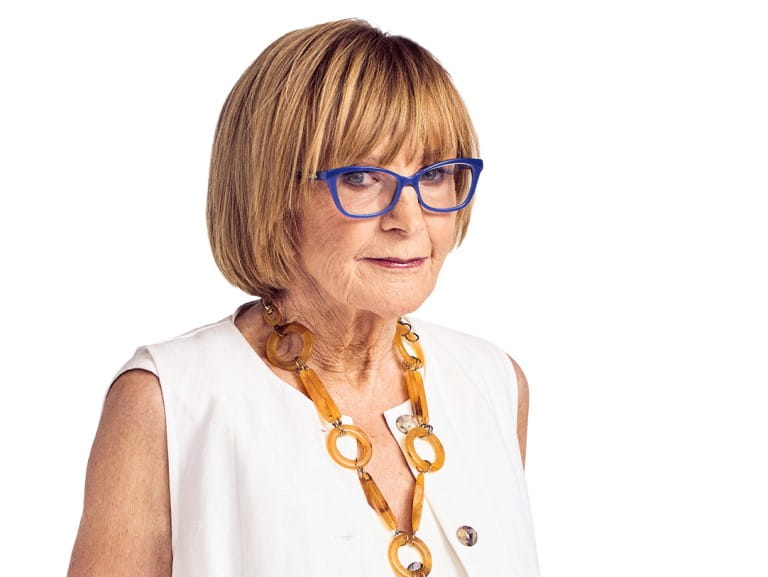

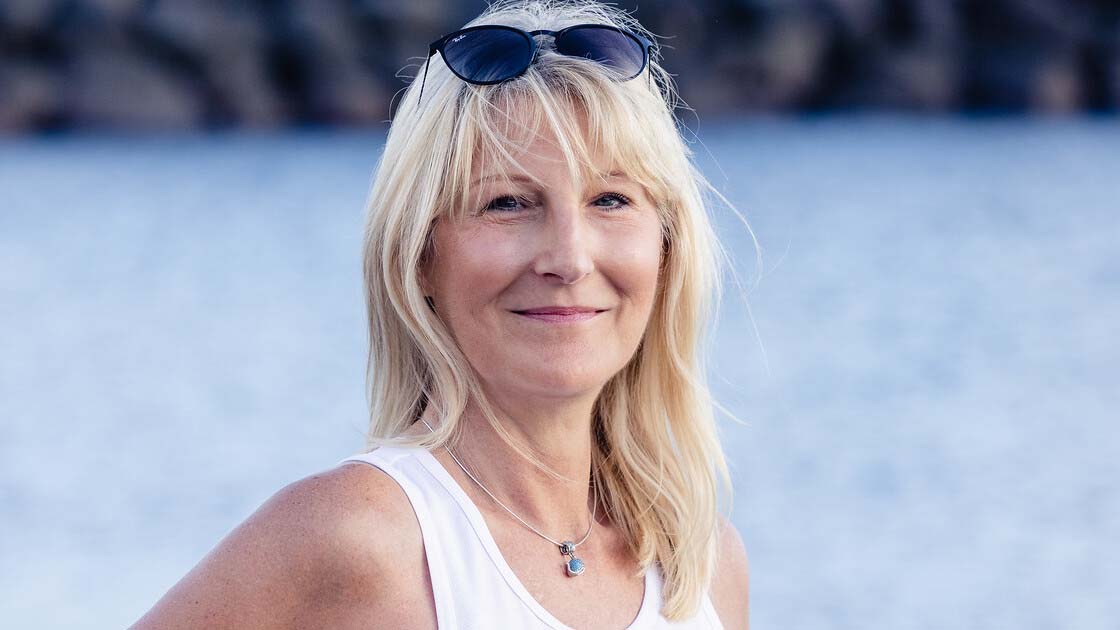
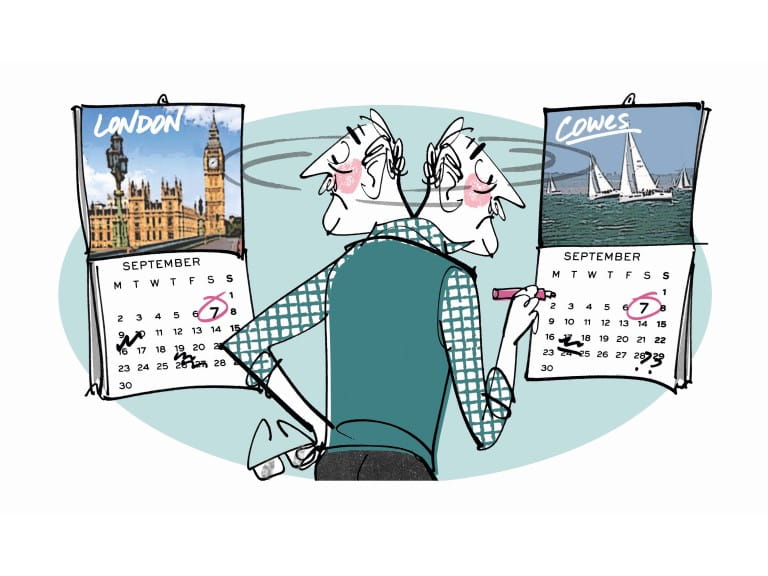

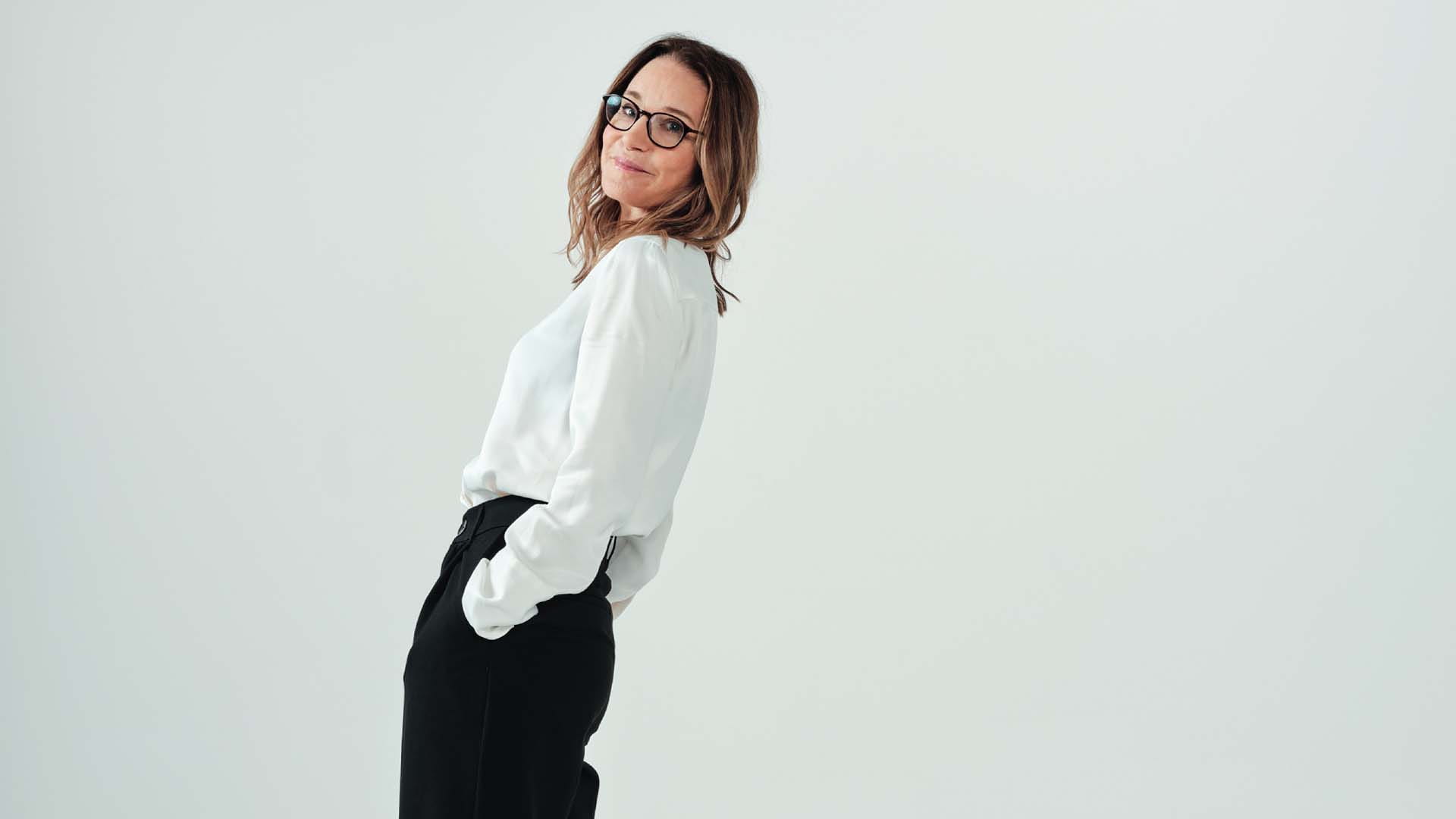
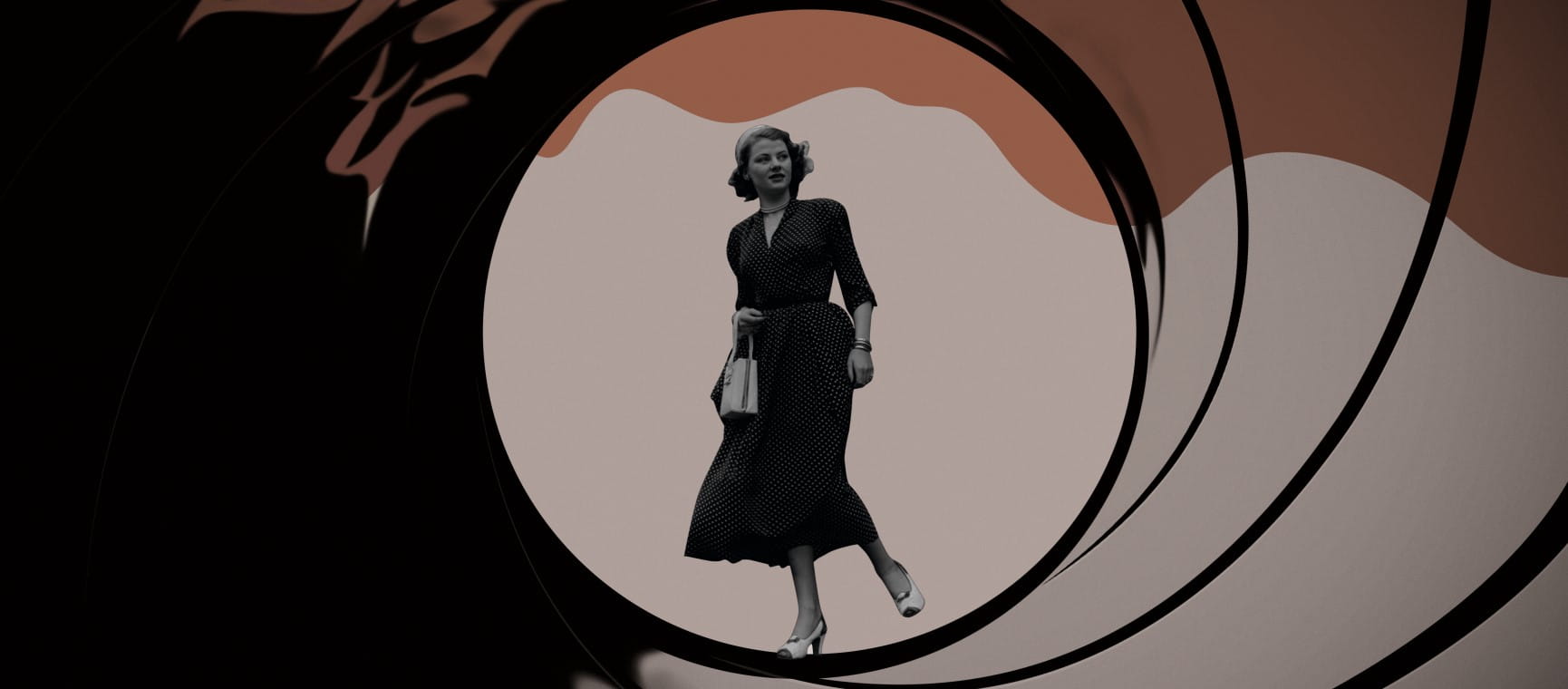
Women in the intelligence services did more than just take notes and chide flirtatious spies - many had real power and ran missions.
